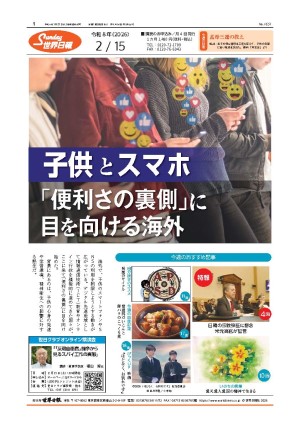メディアへの不信、憂慮すべき水準に Poll: Americans’ distrust in media at alarming levels
米国民のメディア報道への不信感がかつてない水準に達し、民主主義にとって憂慮すべき水準であることが、最新の世論調査で明らかになった。
ナイト・ファウンデーションとギャラップ社が4日に公表した調査は「二極化したメディア環境で国民のメディアへの信頼が低下」していると指摘した。調査は、過去数年間にわたって国民のメディア選好について調べたもの。
全体的に、メディアは偽情報を避けるべきだという点ではほぼ一致したものの、実際にメディアによってそのための取り組みが行われていると考えている人はごくわずかだった。
...【全文を読む】







